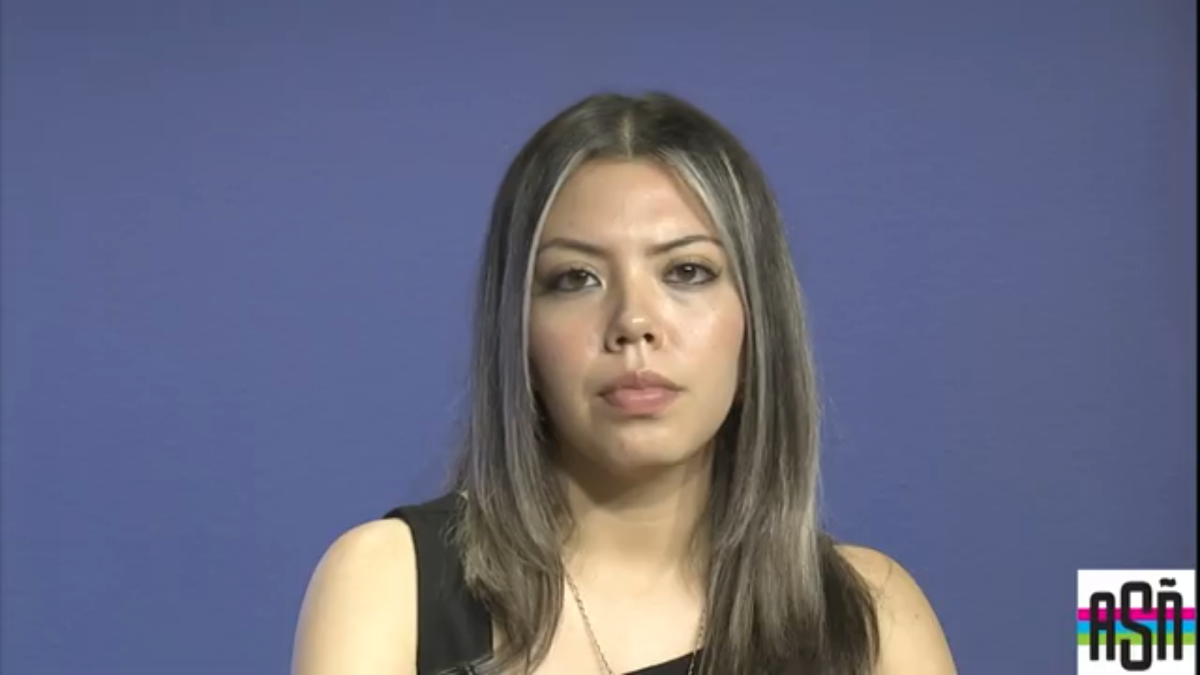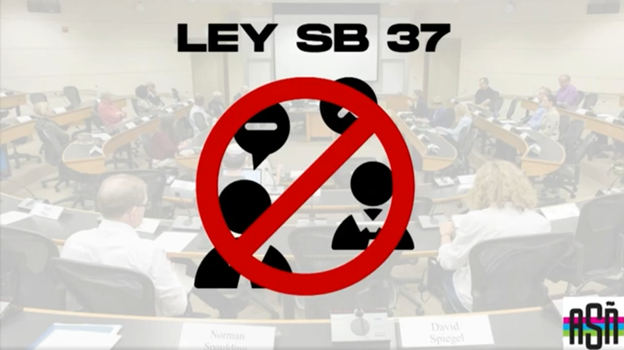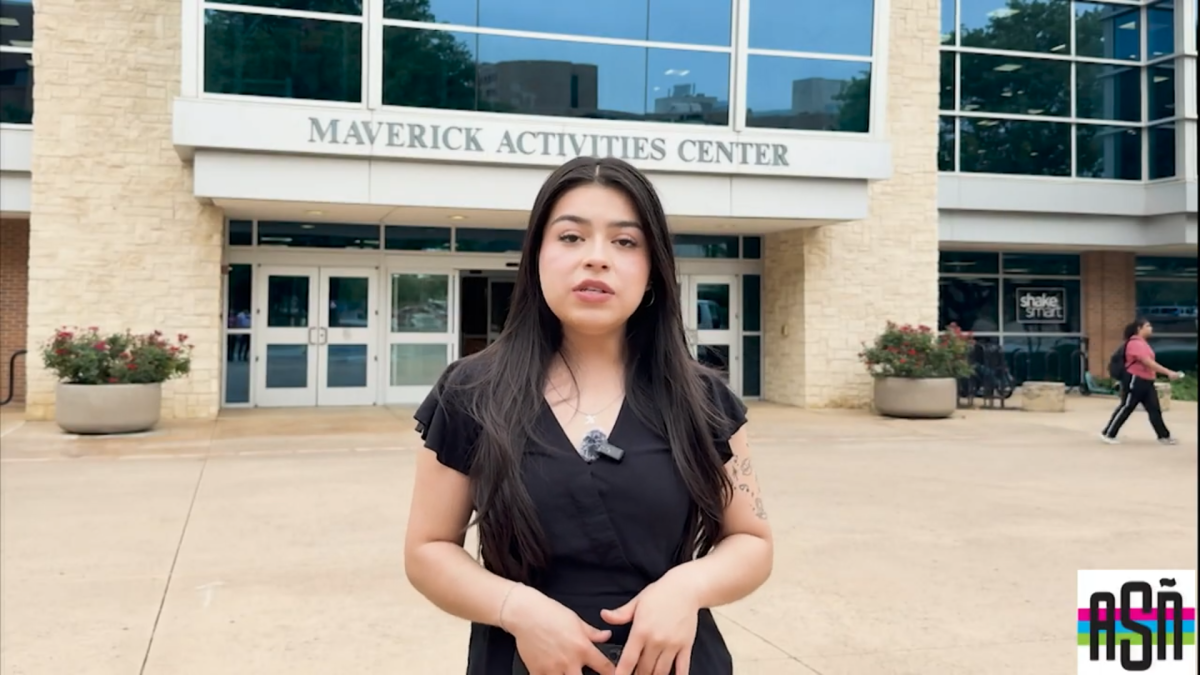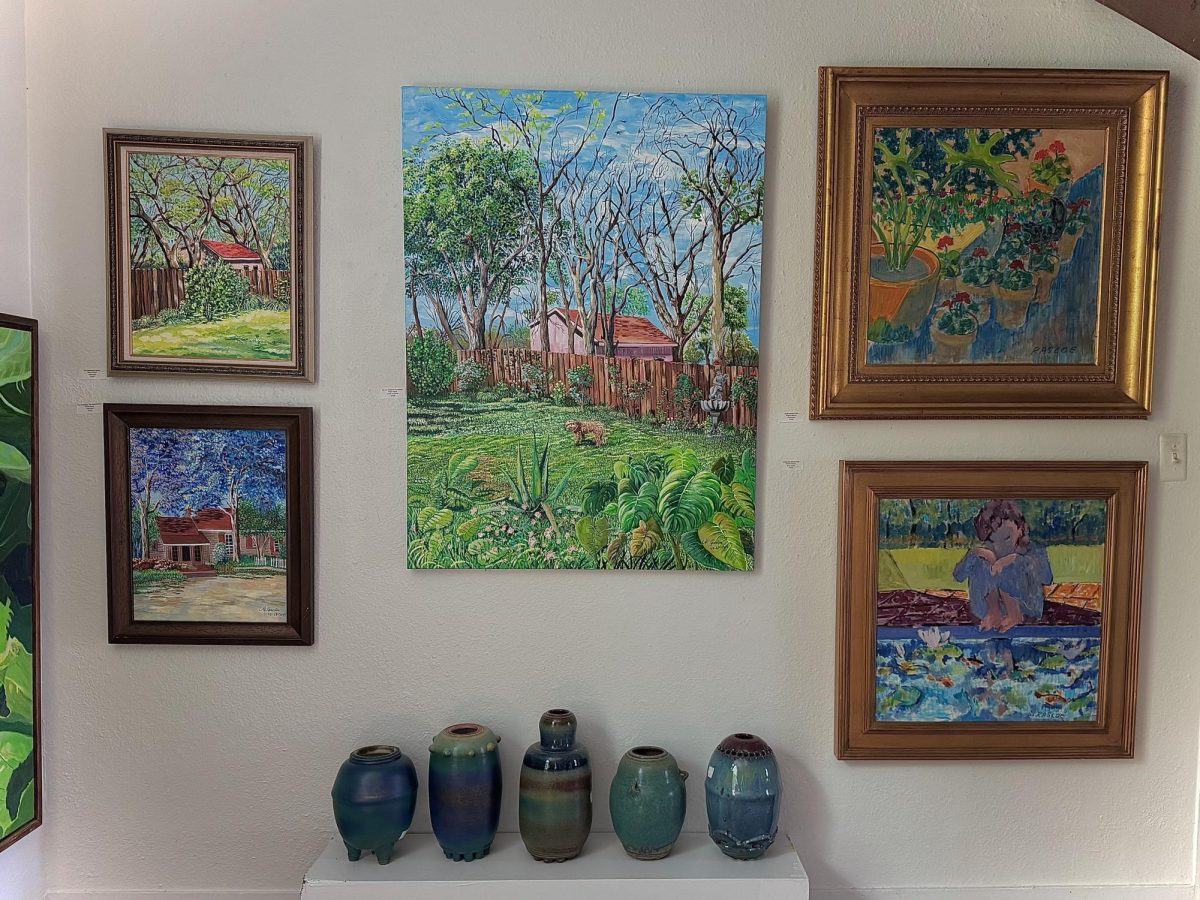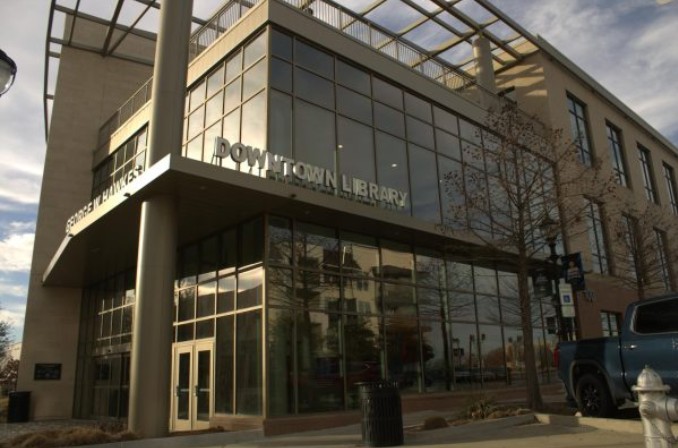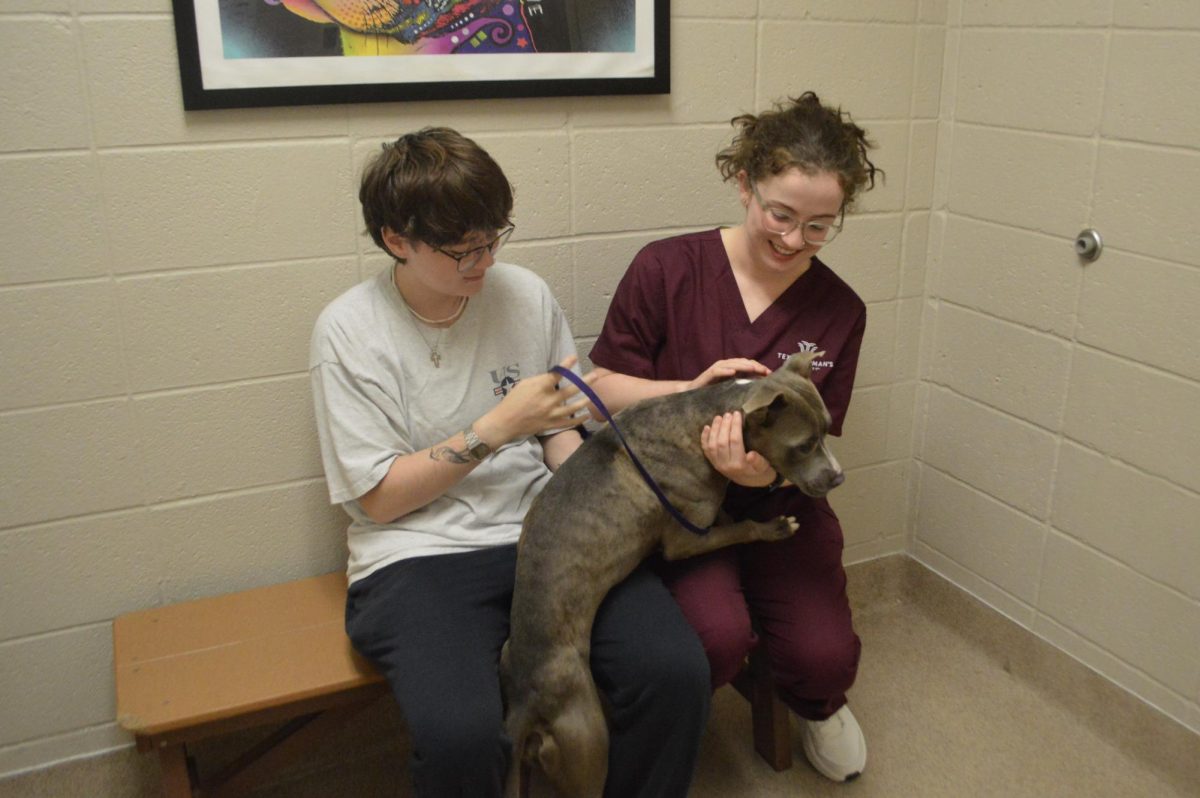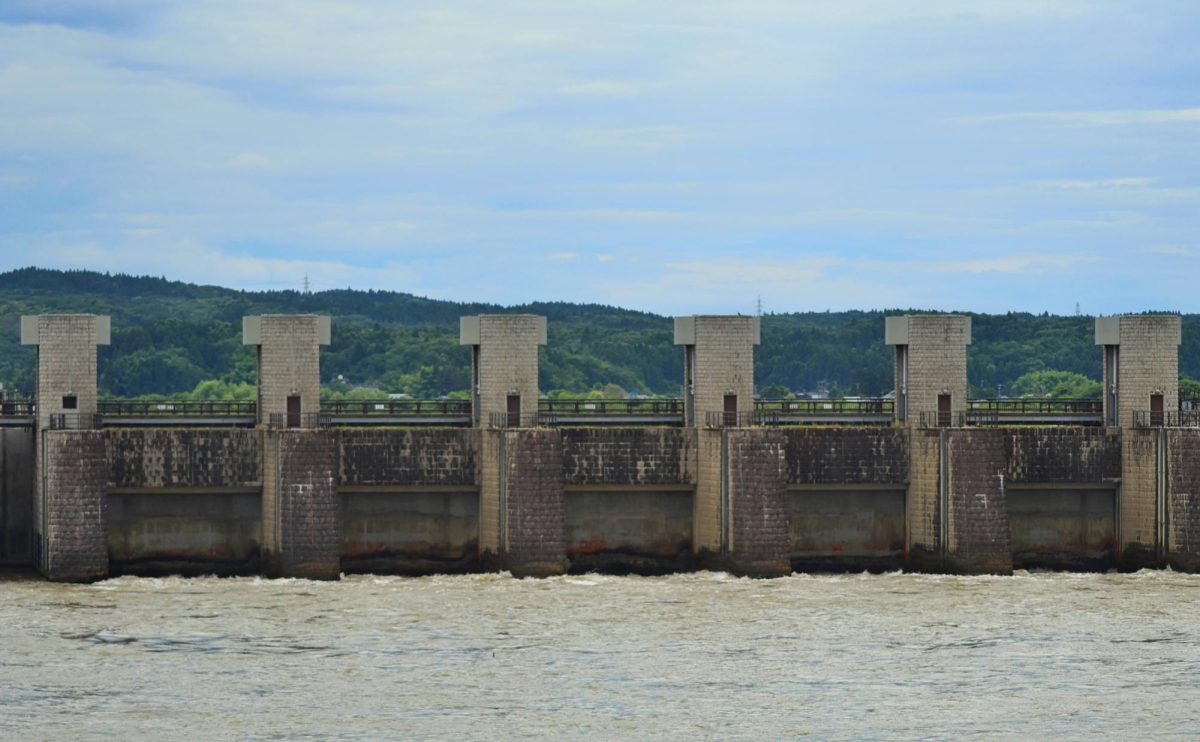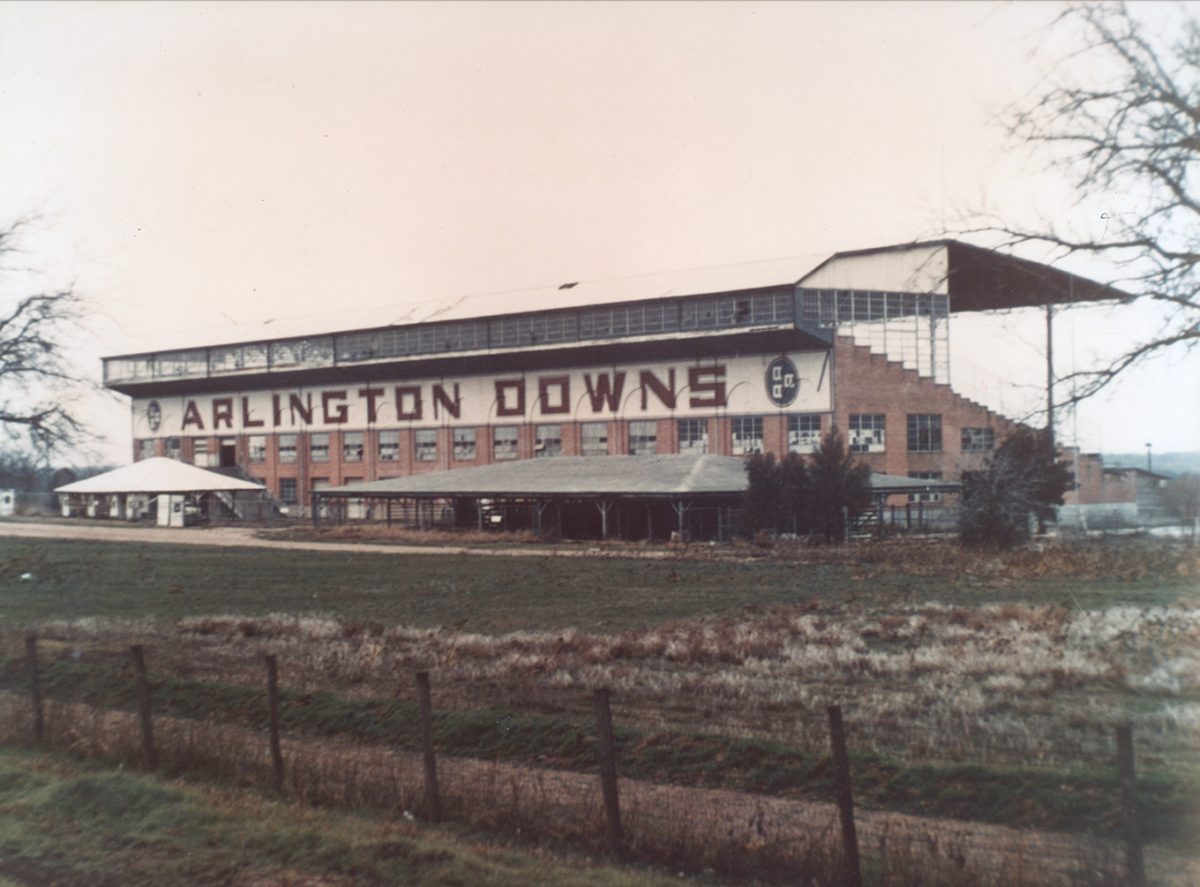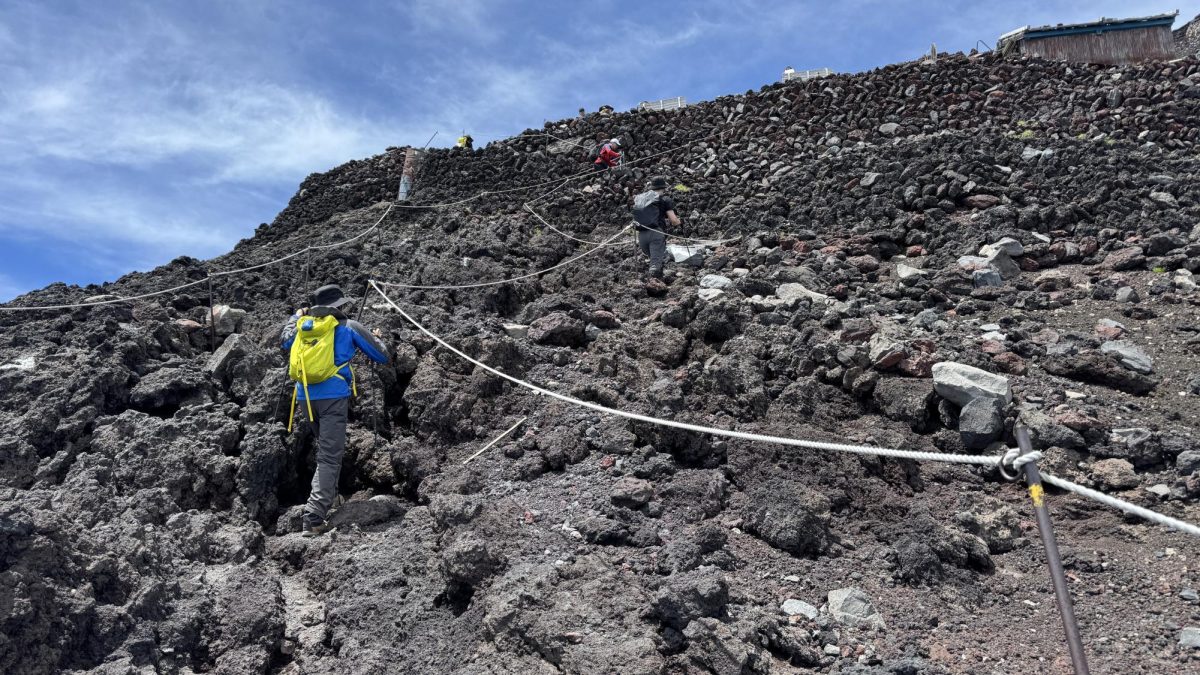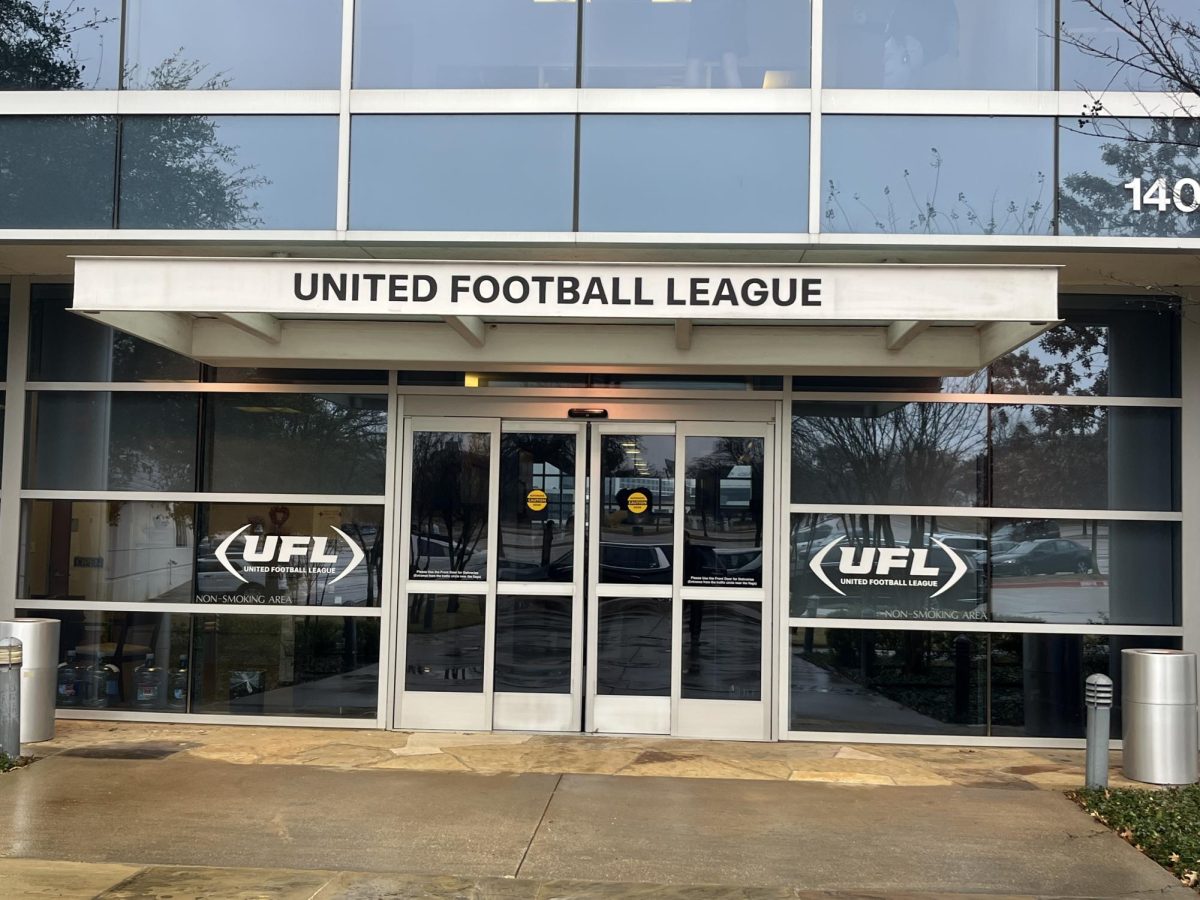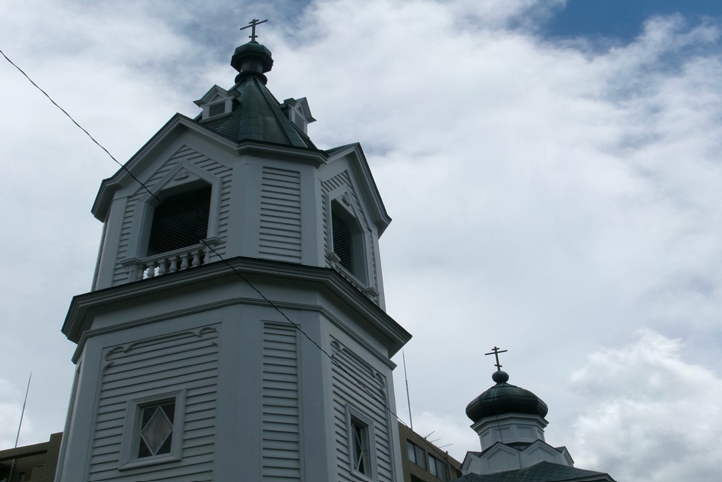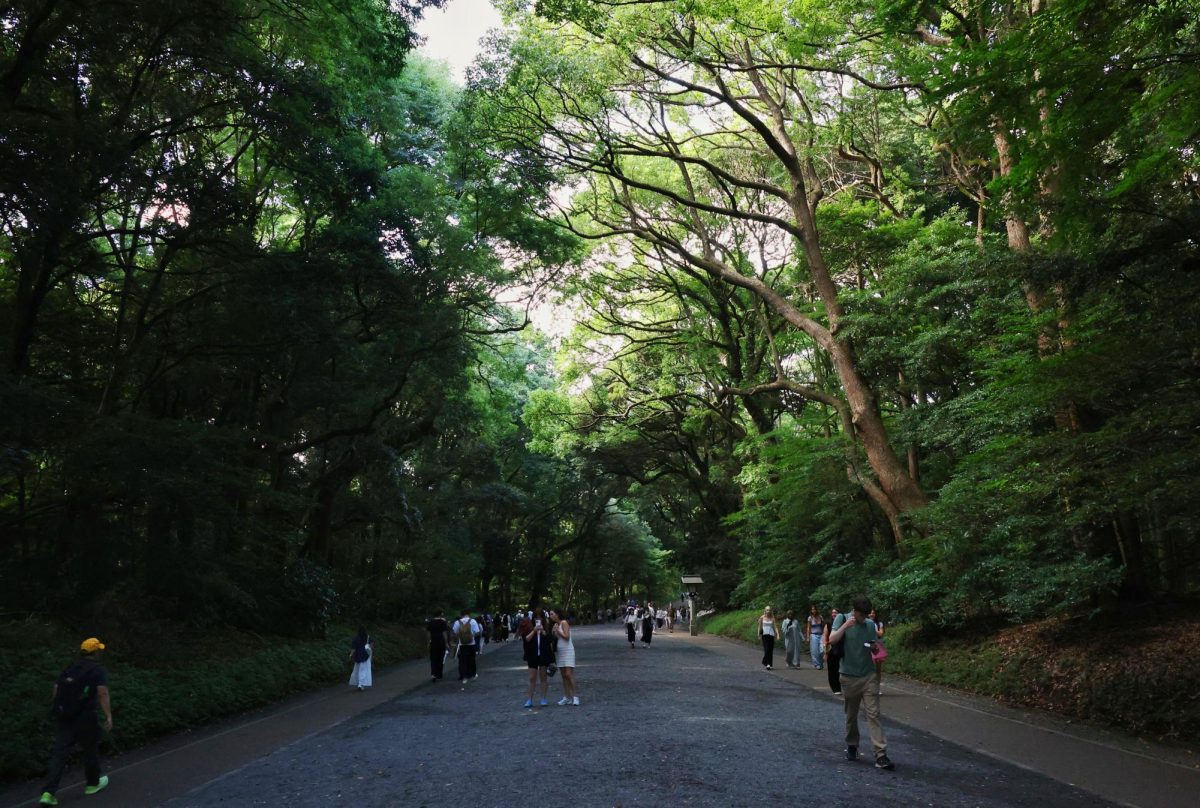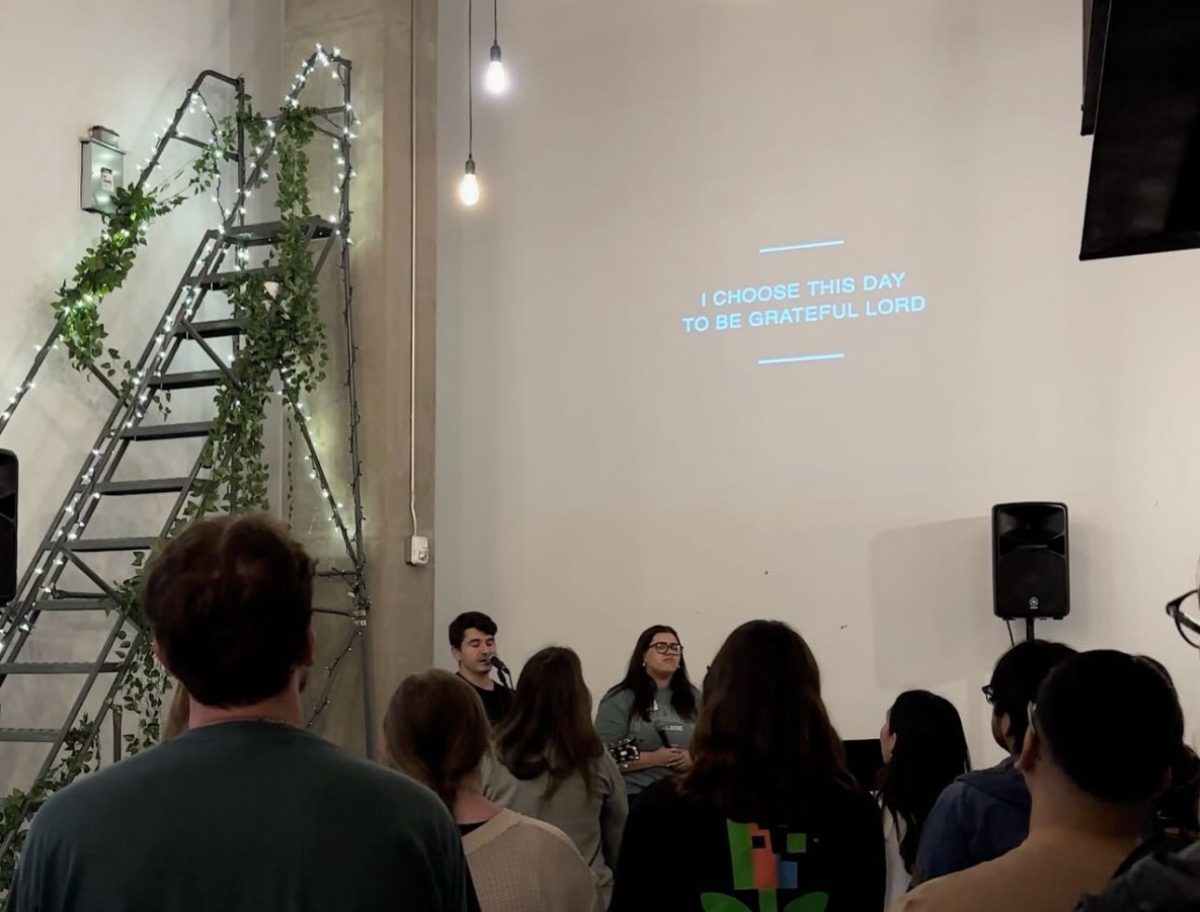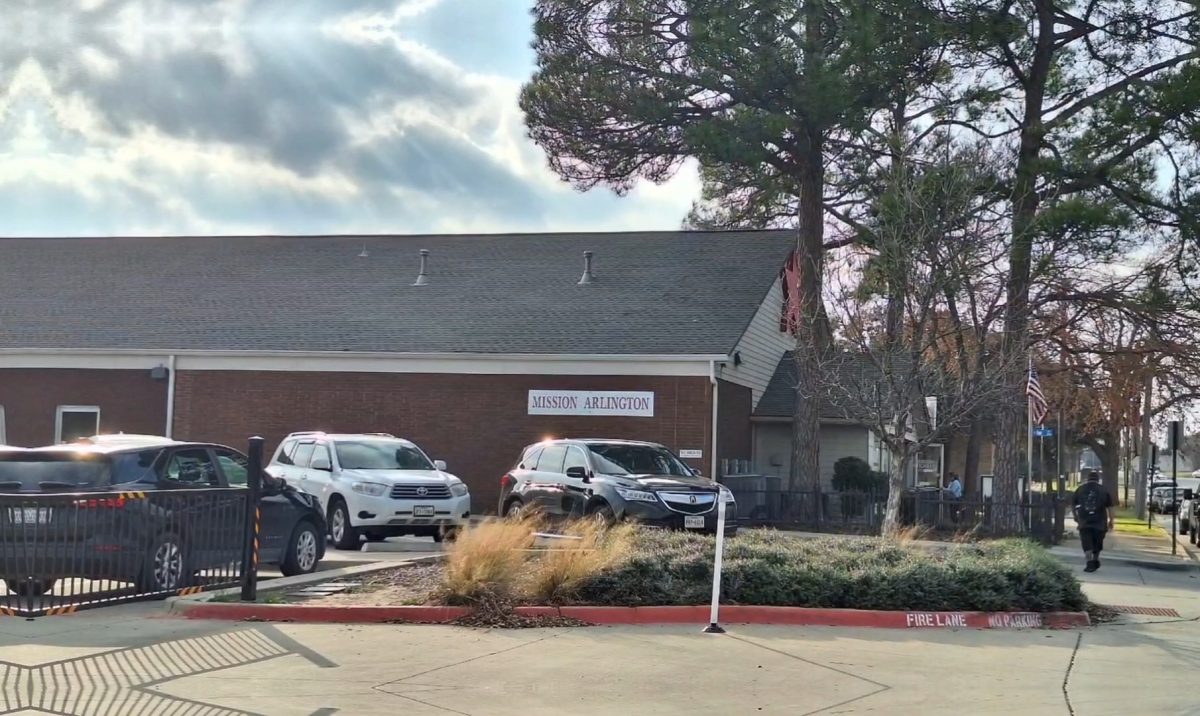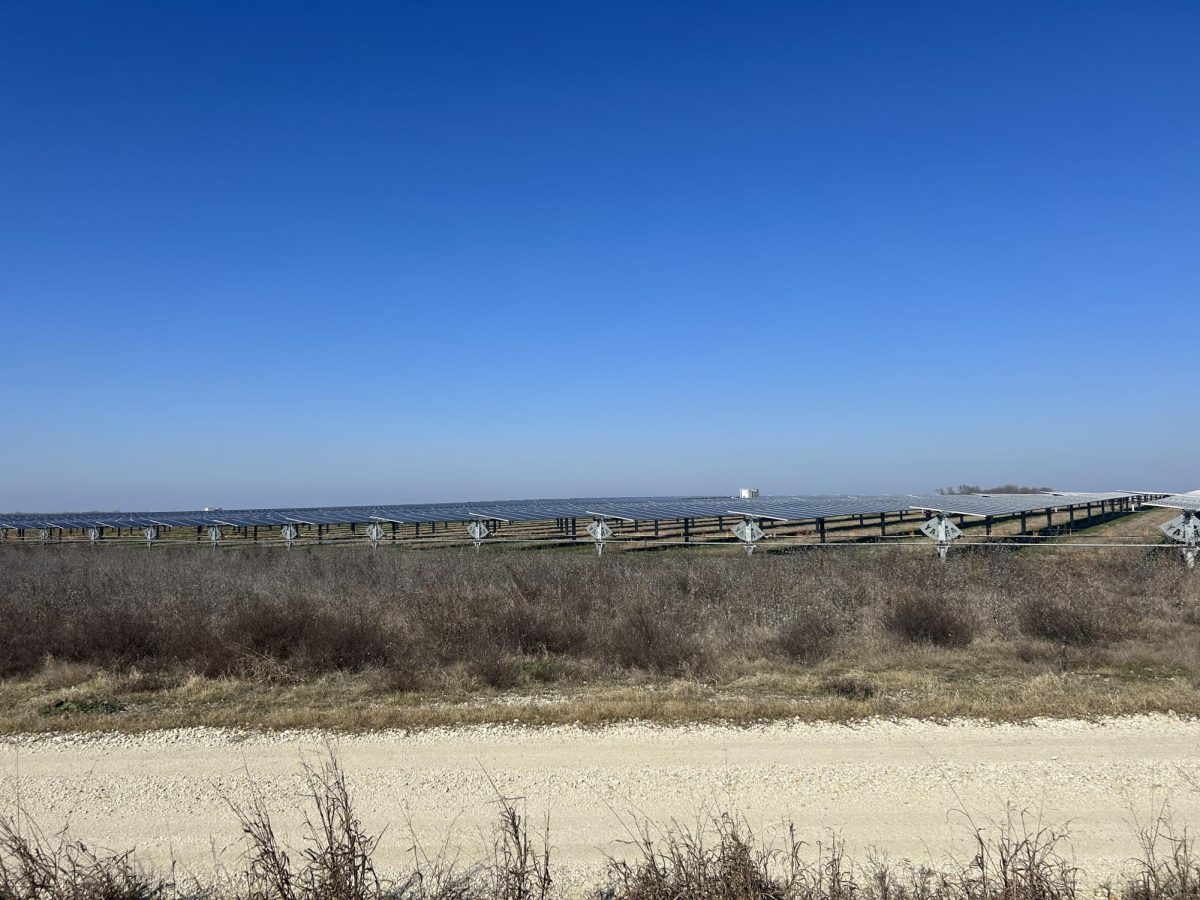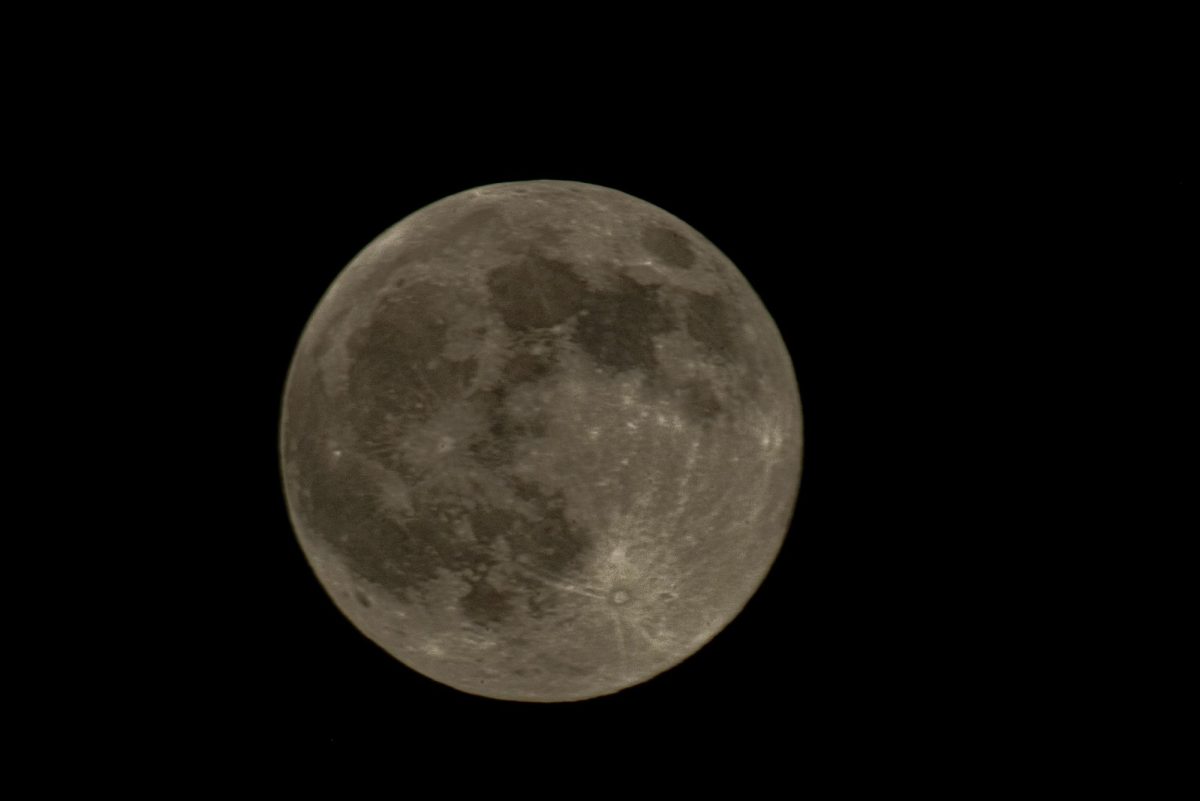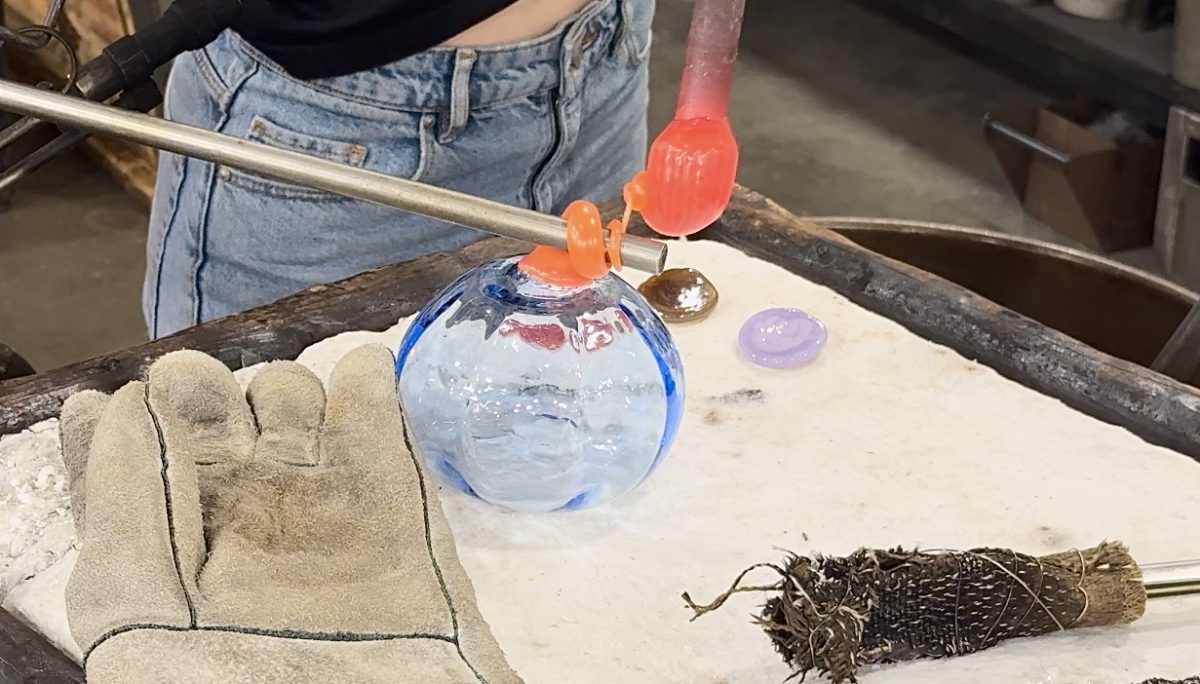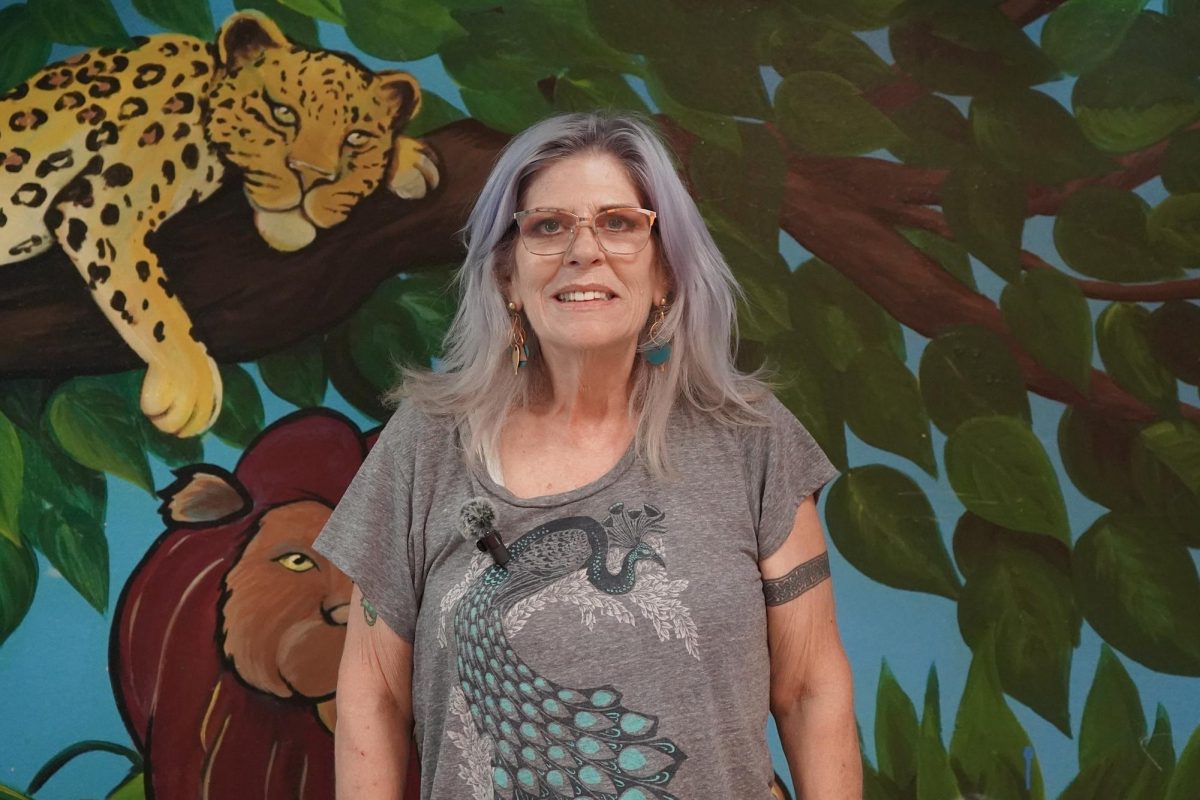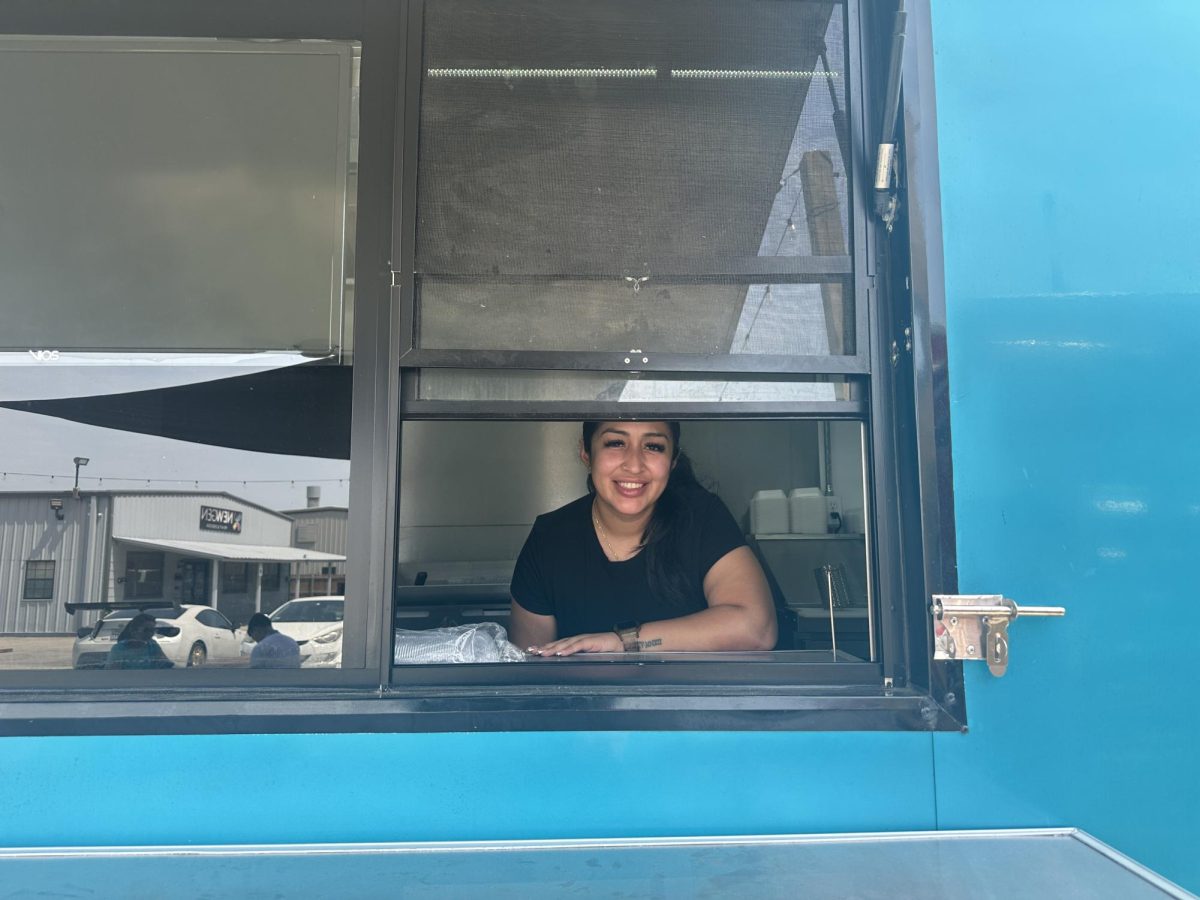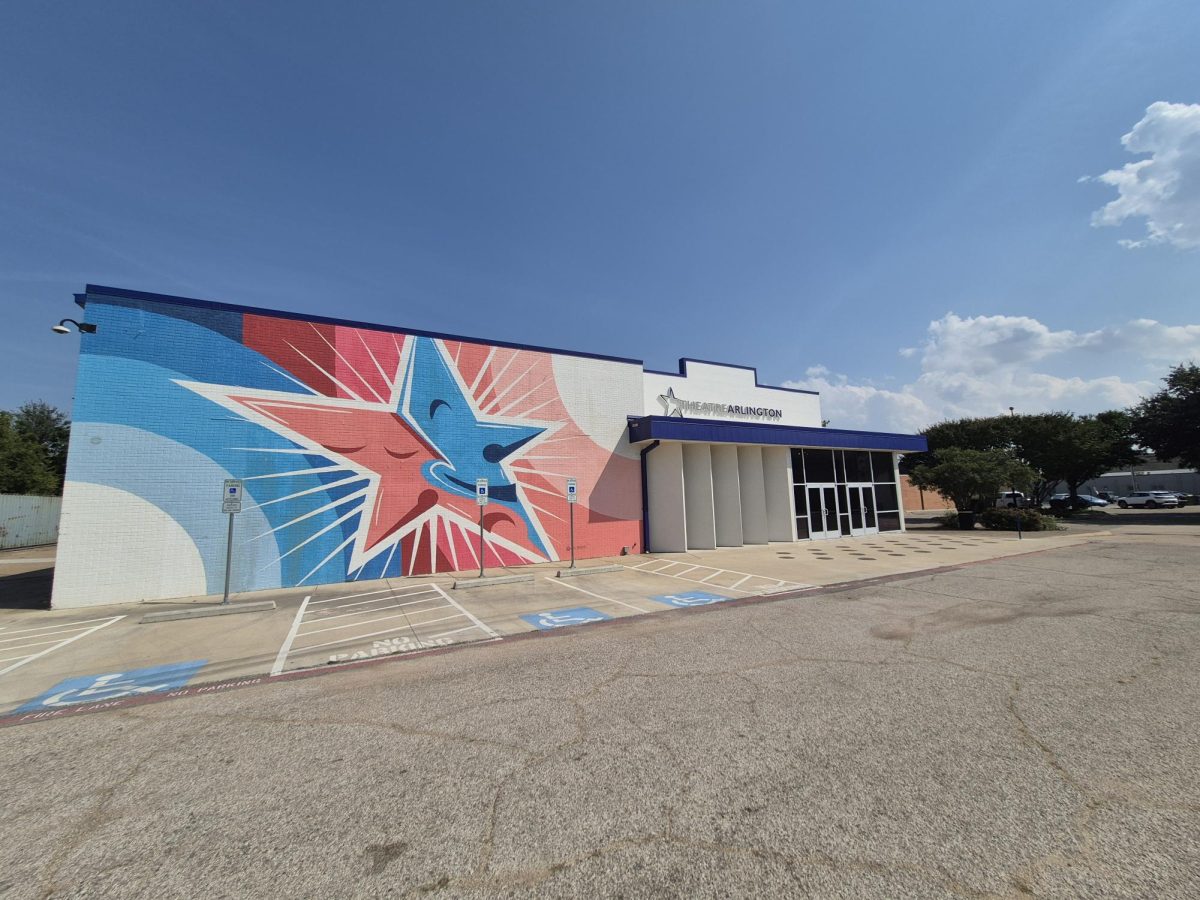ROSEBUD, Texas – Ranchers and farmers in many rural communities across Texas are hurting because of proliferating solar panel farms.
In Texas, there are more than 76 million acres of farmland. According to the Census of Agriculture, in Falls County just under 400,000 acres are actively being used as farmland. In 2017, the county was No. 17 in cattle production and No. 22 in grain production. But since 2018 the number has been decreasing.
That’s because land owners are increasingly leasing acreage to solar companies.
Texas recently surpassed California and now leads the nation in solar power on its electric grid, and the U.S. Energy Information Administration projects that combined wind and solar energy capacity in Texas will double to more than 100 gigawatts.
Falls County is home to roughly 17,000 people and consists of 13 cities. Marlin is the seat of the county and just southwest is the little town of Rosebud. With a population of 1,345, Rosebud is the second largest town in the county.
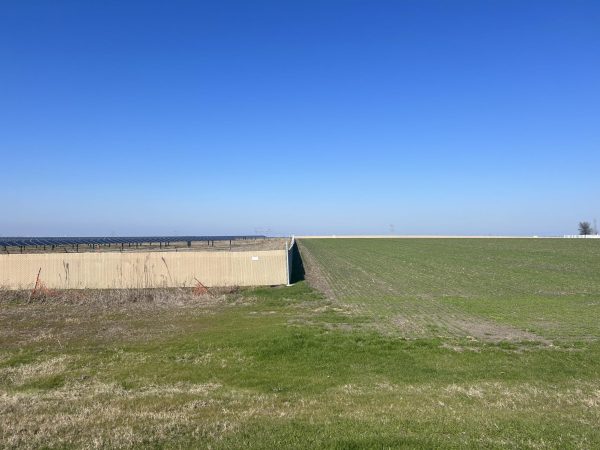
Ryan Moeller and his family have been farming in Falls County for more than five generations. But in 2022, their livelihood was threatened with the construction of solar panel farms.
The construction process for a solar farm can take at least a year to plan. It starts with a proposal and then moves onto planning, which can take at least 12 months. Next is the groundbreaking process, early construction, then finally, construction. Because of this extended process, fertile land that has been used for decades is forced to sit.
“The land here is already productive for cattle and growing crops,” Moeller said. “Why not move to land that is not being occupied?”
According to the U.S. Department of Labor, solar farms can expose workers and residents to a number of serious hazards. Arc flashes, caused when a solar panel short circuits, can be dangerous because of the rapid release of thermal energy.
And according to the U.S. Environmental Protection Agency, some solar panels containing metals like lead and cadmium are considered hazardous waste, posing disposal issues at the end of the panels’ useful life. Disposed of improperly, these chemicals can leach into the soil and pollute it, damaging it for future use and threatening groundwater supplies.
The Moellers lease hundreds of acres that they use for farming. Since 2022, 500 of those acres have been sold to solar panel companies.
“Up until a year ago we thought it was going to be 400-500 acres [in total],” Moeller said. “But then they got a foot in the door and it kept expanding and expanding.”
Between Falls County and its surrounding counties, Milliam and Bell, more than 100,000 acres of farmland have been sold to be turned into solar panel farms.
Since the lifespan of solar panels is roughly 30 years, thousands of acres will be pulled from agricultural production, and most likely won’t be used as farmland again.
“Once it [the farmland] goes into solar it’s not gonna come back out,” Moeller said. “Where is that food going to come from? We haven’t been farming these acres for nothing for all these years, so it has to come from something else.”


